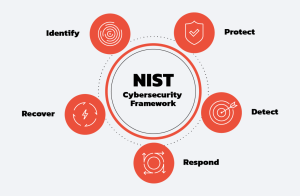ESET researchers on Thursday found a new Trojan, “Brolux” which is targeting Japanese internet banking users by exploiting vulnerabilities in Flash Player and Internet Explorer. Both exploits are distributed through malicious adult websites and try to install a signed malicious binary designed to steal personal information from the victim.
Researchers said, Trojan is similar to the Alibatook which was discovered last year. Both are similar because both trojans targeted internet banking users in Japan.
How Brolux is targeting users?
When the user clicks the adult website which is infected he is vulnerable to an exploit targeting either Internet Explore or Flash Player. A proof-of-concept code for the vulnerability affecting Internet Explorer has been available for quite some time, this campaign is reusing a slightly modified version of it.
The second vulnerability the hackers are using is in Flash Player; a vulnerability which came to light this year during the hacking team leak.
What is Brolux?
Brolux is a trojan which monitors weather the user is visiting the targeted Japanese website or not. If the user is browsing the web with IE, Win32/Brolux.A will fetch the current URL in the address bar and then compare it to the list in the first configuration file.
If Firefox or Chrome is used, it will instead compare the window’s title with the list obtained in the second configuration file. If there is a match, it will spawn a new IE process, pointing to a phishing page. Once it enters a users PC, the Trojan’s main payload downloads two configuration files. First one containing a list of 88 URLs while other one containing a list of browser window titles associated with Internet banking in Japan.
The researchers has found some indications that the Chinese hackers are behind this Trojan attack. The phishing page contains Chinese text, one of sample uses Chinese mutex name and the certificate which the malware is signed with is from Chinese company. The certificate was previously used in a Trojan which targeted the Korean online banking users.
How to be avoid Brolux attack?
- The software users use routinely should be up to dated an patched.
- Never use malicious adult websites.
- Ask your bank to provide you updated card, if you think you are infected with Brolux Trojan.
Read Full ESET Report Here
























